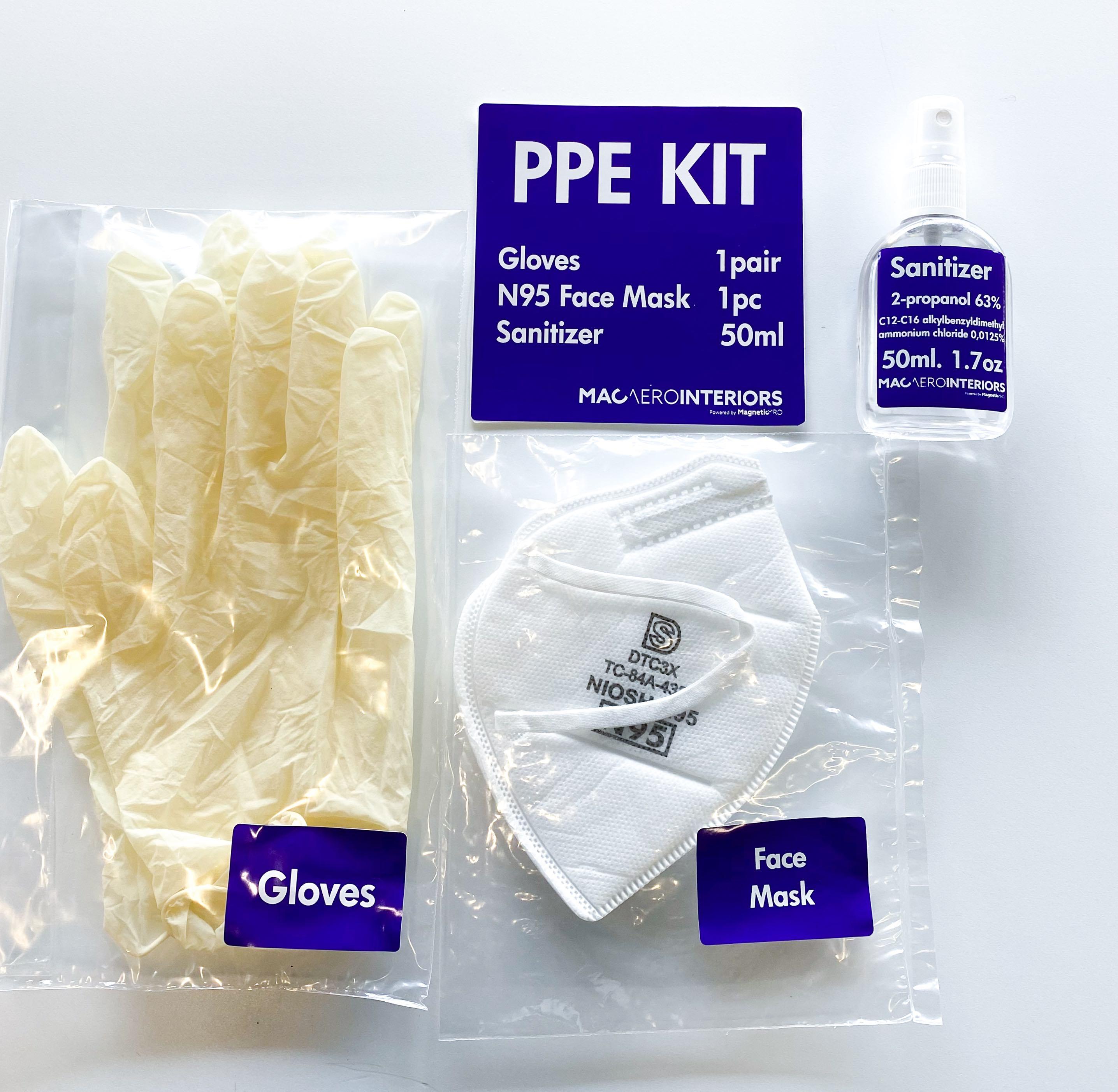
Europe’s domestic commercial flights are down 90% from January 1 to April 30, according to Radarbox. The traffic decrease due to COVID-19 hit Magnetic MRO immediately, says CEO Risto Mäeots. “There is work still available in hangars for a certain period,” Mäeots acknowledges. But even that work has been trimmed. As airlines recognize they will accumulate fewer flight hours this season, they downgrade the work scope of maintenance, making it leaner and cheaper, but enabling aircraft to fly at lower utilization rates. “That's one of the main impacts it has,” he says.
Magnetic reacted immediately by implementing cost-cutting measures. “We are all fighting for our existence and hundreds, or even thousands, of jobs,” Mäeots says.
The Estonia-based MRO also adapted its offerings, such as temporary cabin modifications for COVID-19 medical cargo transportation in primarily passenger aircraft and cabin modification for medical stretchers on various aircraft. It also is offering a buy-lease-back option for its engine stands to attract companies having problems with cash flow.
Magnetic is planning cautiously for 2020, expecting that Europe’s full or partial airline halt will last through the end of the third quarter. If the restrictions are briefer it will be a lucky surprise.
In terms of government support through the crisis, the majority of countries served by Magnetic are proactively responding to the crisis. “Germany, Netherlands, Estonia, Lithuania, Ireland and others, unfortunately not all, are offering subsidizes, and we are using them,” Mäeots says. “As our debt facilities are mainly located in Estonia, a very important development is credit insurance offered by our government. Government provides additional guarantees to secure our debt facility during the period of low earnings.”
But real relief will come only when passengers start to trust airline travel again, and a Magnetic subsidiary, MAC Aero Interiors, has launched a solution to encourage that trust. MAC is producing sanitizing kits, designed for both airports and airlines to ease fear of air travel.
The personal protection equipment kits can be handed to passengers at airports, given out by airlines during check-in or even delivered to passengers’ home addresses, according to MAC Manufacturing Head Marko Männiste. This may seem a small step, but getting passengers back in the air may require many small steps.




